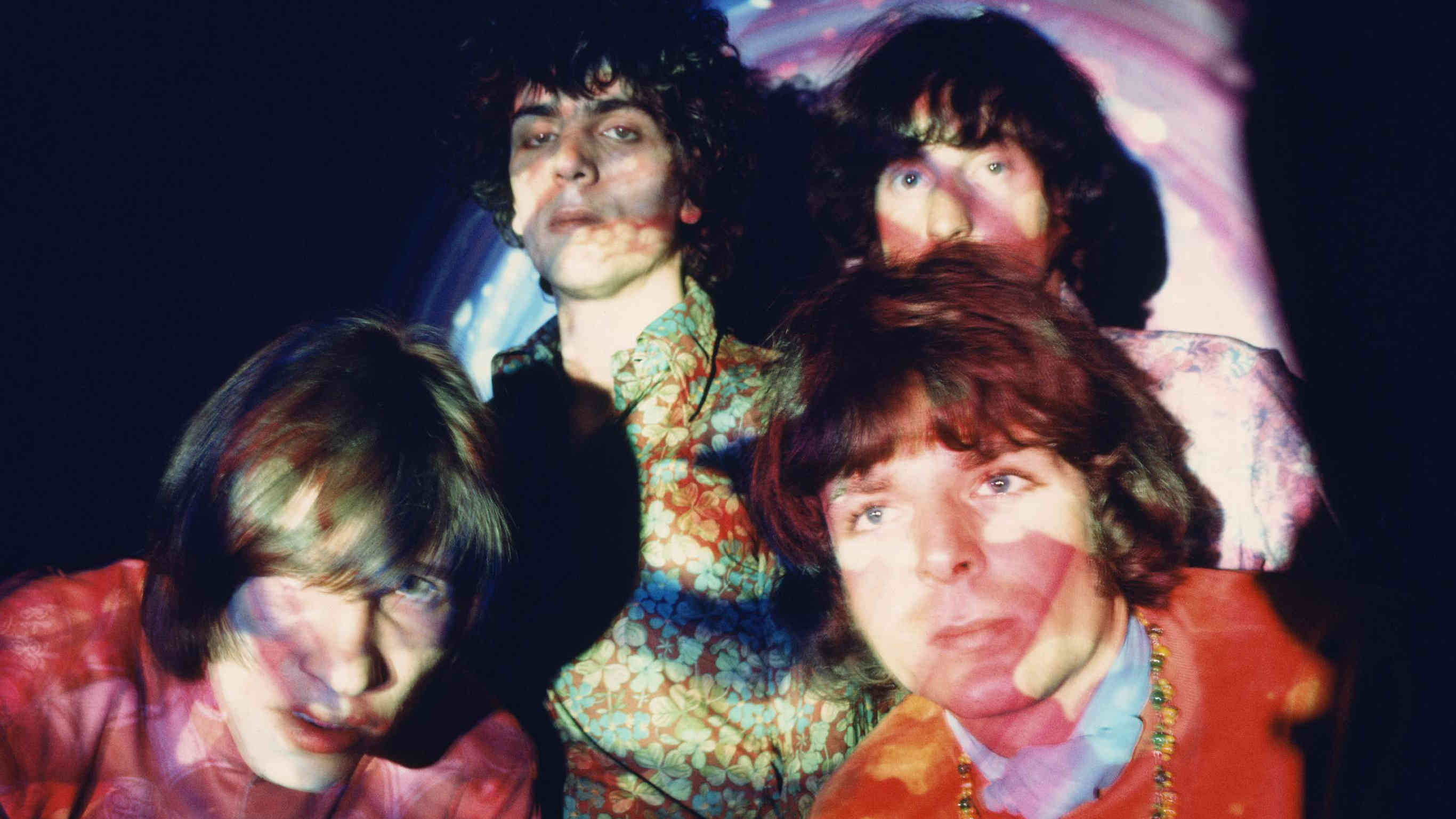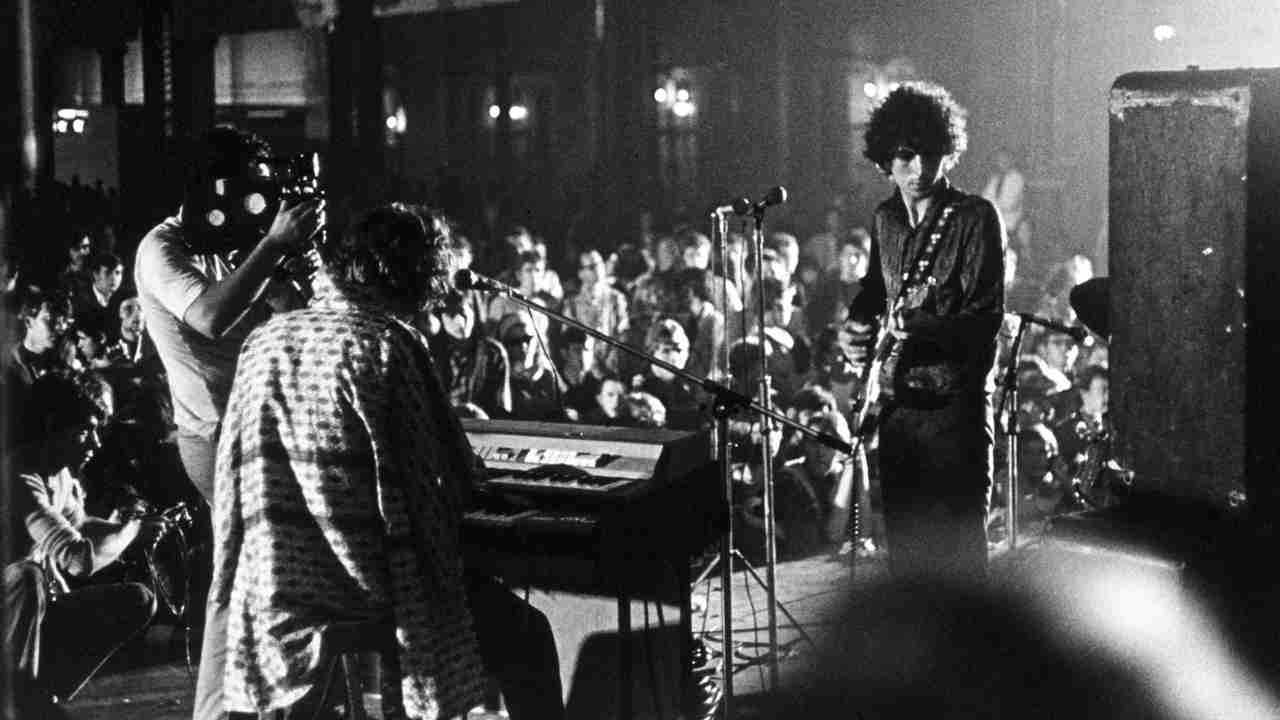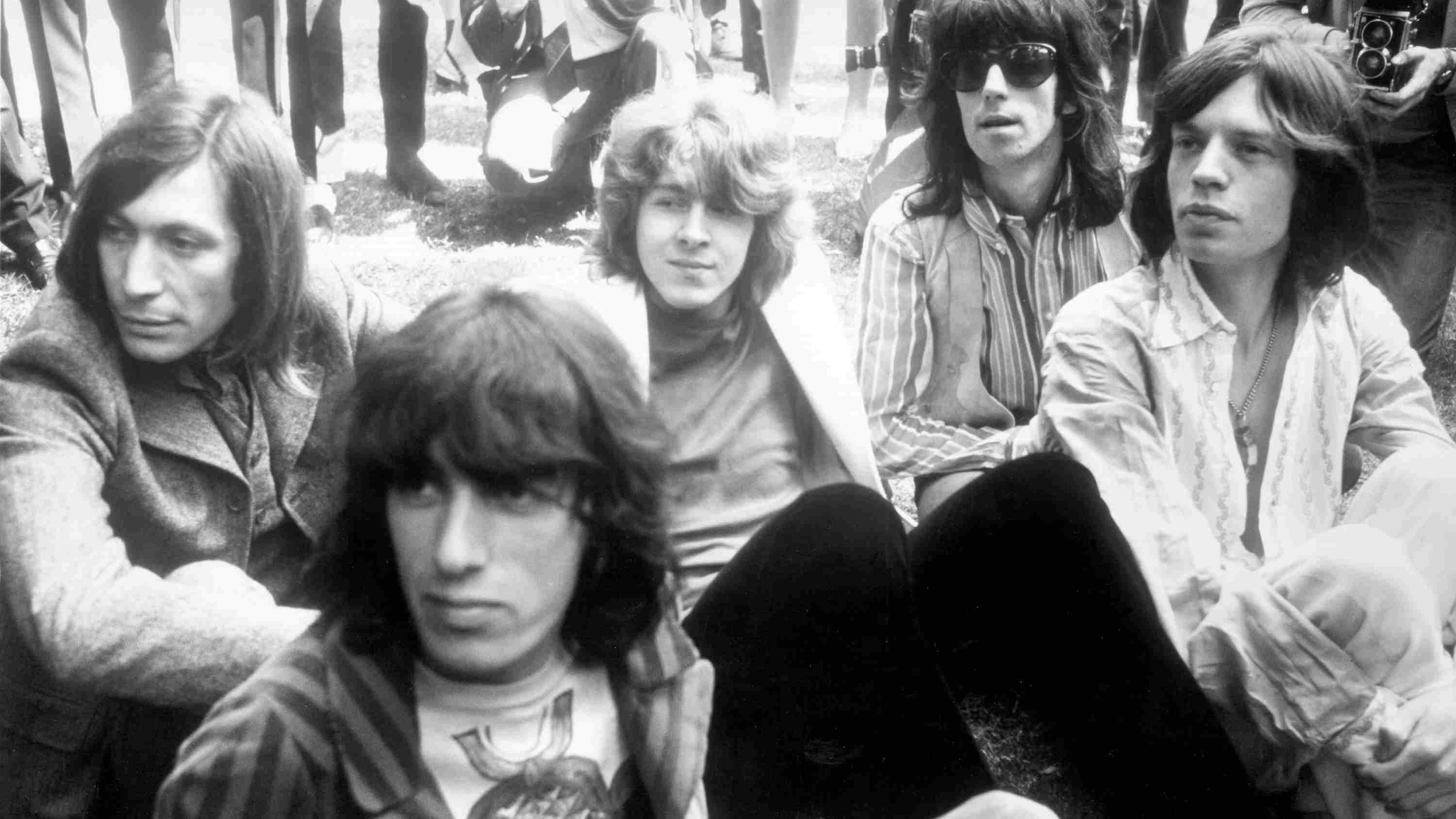
Joe Boyd, Pink Floyd’s first producer, said that Britain’s 1967 ‘Summer of Love’ would never have happened without two people: Syd Barrett and John ‘Hoppy’ Hopkins.
Hopkins, who died in 2015, was nicknamed the ‘King Of The Underground’ but never became a household name like Barrett or Pink Floyd. “Hoppy was one of the most crucial figures of the 60S,” explains Malcolm Boyle, one of the directors of a long-gestating documentary, Hoppy – Underground Head. “Much of underground, alternative London was his invention.”
Hoppy was a Cambridge graduate and former nuclear physicist for the Atomic Energy Authority. Fired in 1960 after making a trip to Moscow with Communist Party members, he became a freelance photographer. Hoppy’s images captured John Lee Hooker, The Beatles, The Rolling Stones, Malcolm X, bike gangs, prostitutes, and many scenes of post-war London. He documented a society in transition.
Photography led Hoppy to journalism, political activism and the music business. His natural curiosity and organisational skills were a boon. He was a catalyst and a tireless ideas man. “Hoppy was someone who made things happen,” says Boyle.

In 1966 he co-founded Britain’s first underground newspaper, International Times, and a community centre/drop-in centre for poets, artists and musicians called the London Free School. He also helped launch DNA Records, a label whose left-field roster included AMM, a free improvisational group whose guitarist Keith Rowe’s atonal style would influence Syd Barrett. In late ’66, Hopkins and Joe Boyd started UFO, London’s first psychedelic club night, which featured a young Pink Floyd as its ‘house band’.
At UFO, the audience, many tripping on LSD, could immerse themselves in what would now be called a ‘multi-media experience’, comprising lightshows and projections with the Floyd’s avant-garde, improvisational music as its soundtrack. For Hoppy, it was about the people, the event, the whole ‘happening’ rather than just the music. “Syd Barrett’s Pink Floyd were aesthetically and ideologically in alignment with what Hoppy and co were doing,” says Boyle.
After the police raided International Times, Hopkins organised a fundraising event. The 14-Hour Technicolor Dream took place in April 1967 at London’s Alexandra Palace. Pink Floyd played a set at dawn on a bill that included light shows, poetry readings, performance art and a plastic igloo in which to smoke banana skins. The press handout for the event promised: “Every sense will be expanded.”
“Like UFO, the Technicolor Dream was a forerunner of all-night rave culture,” believes Boyle. “The rave scene in the 80s acknowledged the 60s counter-culture. The DJ Danny Rampling and others on the rave scene all knew Hoppy and were aware of his legacy.”
In a stroke of bad luck, Hoppy spent the Summer of Love in prison after being arrested for possession of a minuscule amount of marijuana. The judge branded him a “pest to society” and sentenced him to nine months in London’s Wormwood Scrubs. Mick Jagger and Keith Richards were also imprisoned for drug possession at the same time; Hoppy visited Richards in his Wormwood Scrubs cell on the guitarist’s first night inside. But while the Stones’ sentences were quickly quashed, Hoppy had to serve six months and three days.
After his release in December ‘67, he becoming a roving European correspondent for International Times and established BIT, a free 24-hour telephone information service, which later launched social centres and travel guides. In 1969, he co-founded the Fantasy Factory, a company that pioneered the use of video and later became crucial in persuading courts to allow video evidence in criminal trials.

Hopkins later worked as a technical journalist, and on video projects for UNESCO and the Home Office. What united International Times, UFO, BIT and Fantasy Factory was his tireless desire to share information and create a communal experience.
In 1997, Malcolm Boyle was commissioned by the ICA to produce The Recurring Technicolor Dream, a celebration of the original Alexandra Palace event. His first phone call was to the man who’d organised it. “At that time the psychedelia era was slightly in retreat. Hoppy laughed his head off when I told him what I wanted to do. It hadn’t occurred to him anyone in the modern era would be interested.”
The ICA event led to what Boyle calls “a spike of interest” in 60s counterculture, which, in turn led to Hoppy’s suggestion of a film about his life and work.
Boyle and fellow producer Carl Stickley began work on Hoppy – Underground Head, and were given access to Hopkins’s film and photo archive, and recorded interviews with many of his friends and contemporaries. The pair hoped the documentary, Hoppy – Underground Head will explore the life of a cultural pioneer whose achievements, unlike many of those he helped, have long gone unrecognised. Sadly, Hoppy, who’d been diagnosed with Parkinson’s disease, died in January 2015, aged 77, before the documentary could be completed. While, the documentary is yet to be completed, Hoppy’s influence remains immeasurable, if under-appreciated.
“Hoppy’s blessing and his curse was his modesty,” says Boyle. “UFO was his idea, the Technicolor Dream was his idea…. He often initiated these things and then let others take the credit. As a scientist I think he thought everything is a product of natural processes, and nobody should draw too much credit for something expressed through one person. But his story deserves to be told.”







